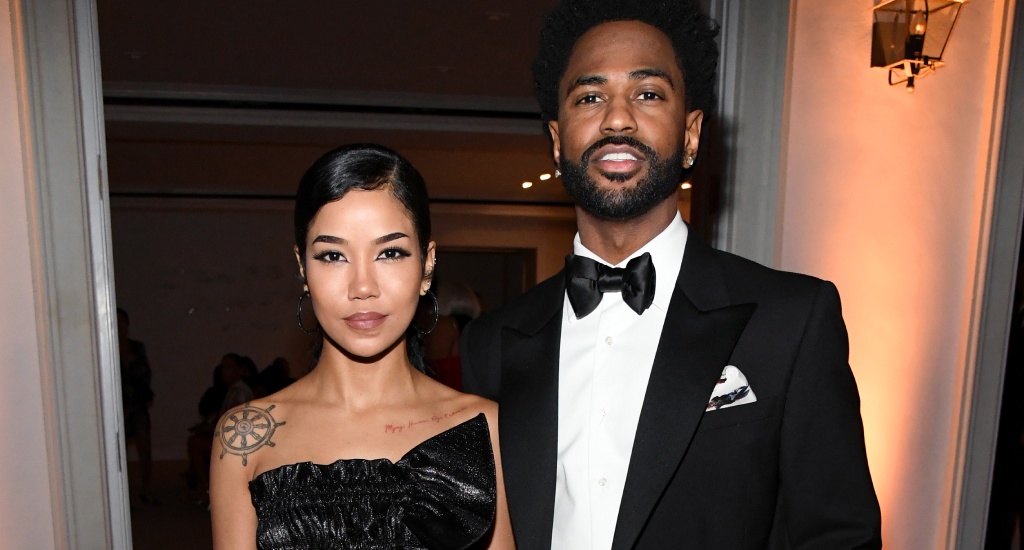The White Lotus returns on Sunday, giving HBO another strong Sunday night viewing option now that the House of the Dragon has wrapped its first season. Given how well the first season of the Mike White-led show was received, there was always going to be some skepticism that the show would be able to match the tension and intrigue that Season One delivered.
The major changes for the show’s second season start with a location switch: from a tropical Hawaiian paradise to the Sicilian coast. And while Jennifer Coolidge returns from Season One, the show largely sports a new cast with Aubrey Plaza, Michael Imperioli, F. Murray Abraham and Theo James playing major roles. That’s a lot of turnover, of course, and another introspective look at the wealthy having a bad time in a beautiful place may be a bit tired these days.
Monday, however, brought us the first reviews of the show’s second season, and the early returns are that we’re in for a lot of fun overseas this fall. And, well, some very steamy TV. As our very own Carrie Wittmer wrote, the show continues to showcase great acting and improve on a story arc that paid off big in Season One:
Season two of HBO’s The White Lotus wasn’t supposed to exist, yet it feels more essential and intentional than anything else on television this year. The excellent, biting first season was a sharp, uncomfortable by-design analysis of class dynamics in America. Rather than doing the same thing twice, White took his perfect formula and made something new with it. Season two is still about class, but within that, it is also about relationships both professional, familial, platonic, and romantic. But more than anything it is a study of the human impulse.
The Guardian‘s Nick Hilton says there’s “nothing more enjoyable to watch on television right now” and raved about the show’s comedic and dramatic tension alike:
It’s a brilliant cast, one that mixes undoubted comedic clout with dramatic chops. The highest possible compliment to offer The White Lotus is that it never matters to the viewer which of these threads is on-screen. Whether it’s under-sexed Harper and Ethan (“What’s with the boner?”), Bert talking about geriatric intimacy (“It’s a penis, it’s not a sunset”), or Valentina chasing Lucia through the hotel (“She’s one fast slut!”), the show is a sheer joy.
Angie Han of the Hollywood Reporter praised White’s ability to write interesting, if not still awful, characters:
Thankfully, the season is no less lucid in its observations or its sense of empathy. As a creator, White has a special talent for mining the gap between the people his characters want to see themselves as and the people they can’t help being. Here, he uses it to tap into a nebulous anxiety over whether it’s even possible to know what we truly want when we’ve spent our whole lives being told what to want.
Variety‘s Caroline Framke called the show “meandering” at times but also made it clear that “sex lies thick and heavy in the air” basically at all times during the first five hours of TV critics got to screen:
Making any prediction beyond “an orgy, probably?” seems unwise, so I won’t bother. Instead, I’ll just say that “The White Lotus” remains one of TV’s most purely visceral, evocative shows as it digs each of its guests up by their roots, and leave it to the rest of the season to reveal what lies beneath.
Missing from all these reviews, of course, is the final two episodes of the season. So right now few people know if Season Two can reach the finish line still triumphant. But given what we’ve heard on Monday, there’s a lot to like over the next few weeks as the newest ‘Lotus’ story unfolds.











 (@BlackMajikMan90)
(@BlackMajikMan90) 
